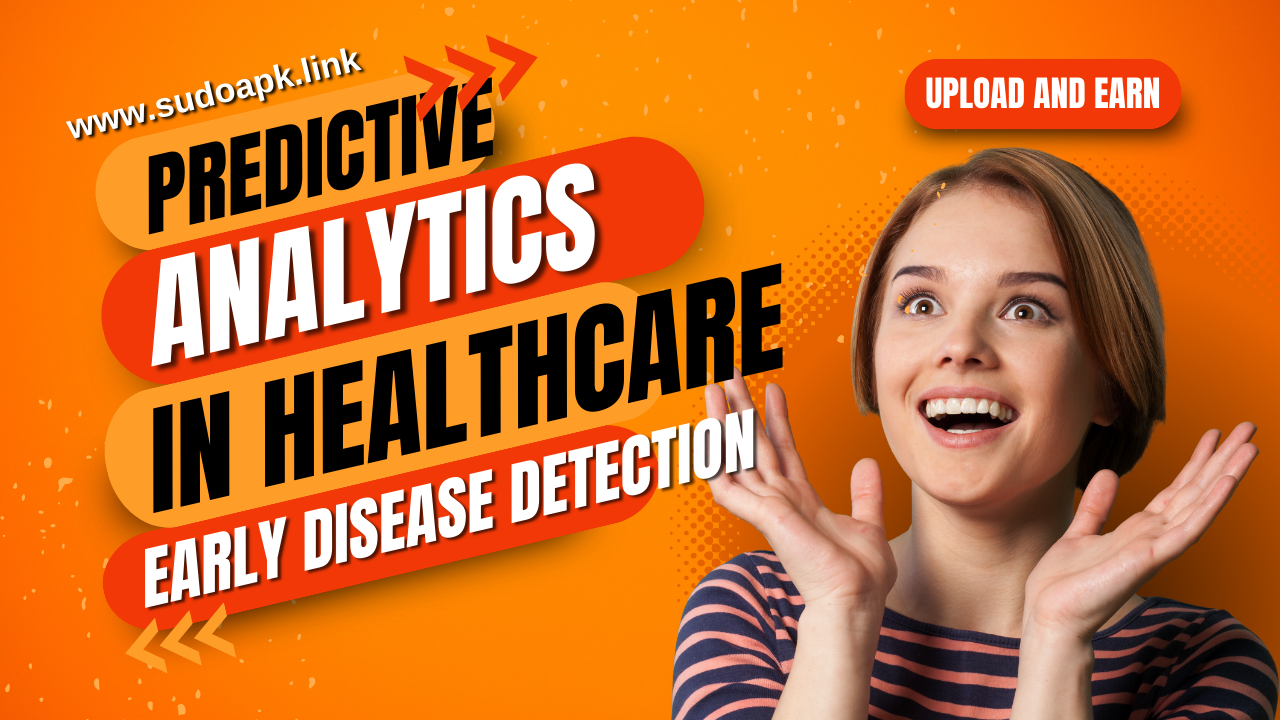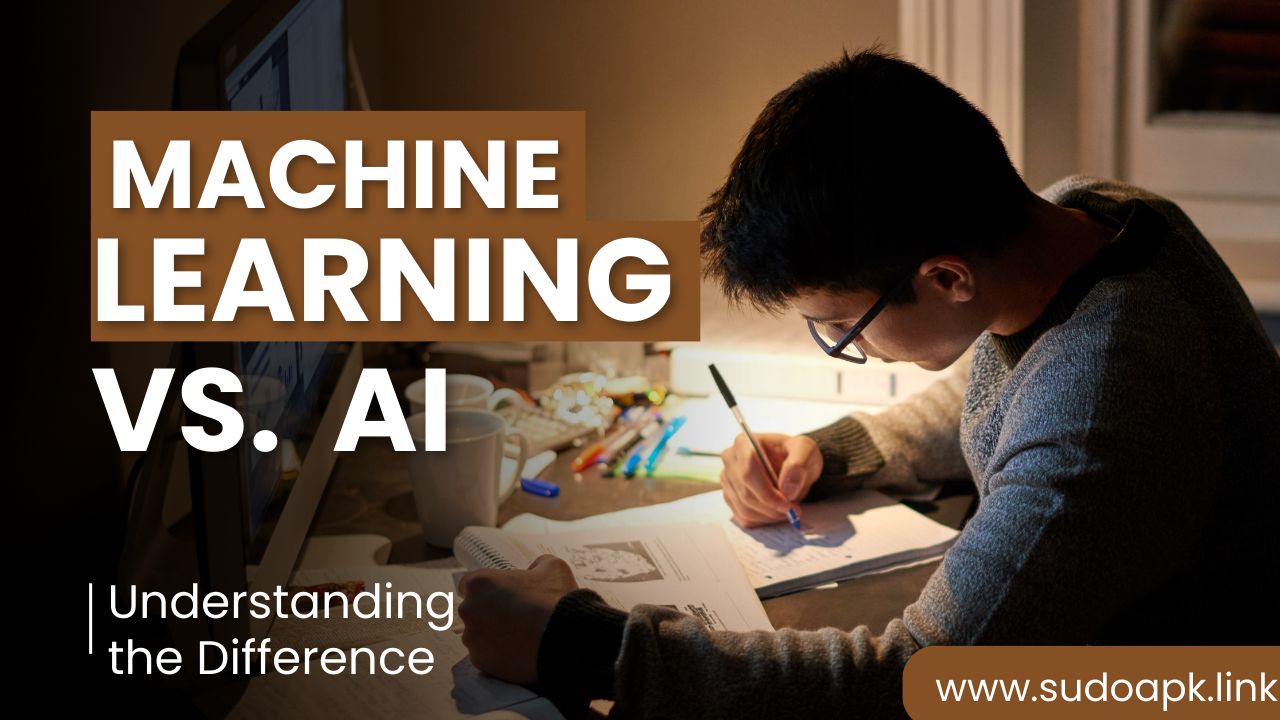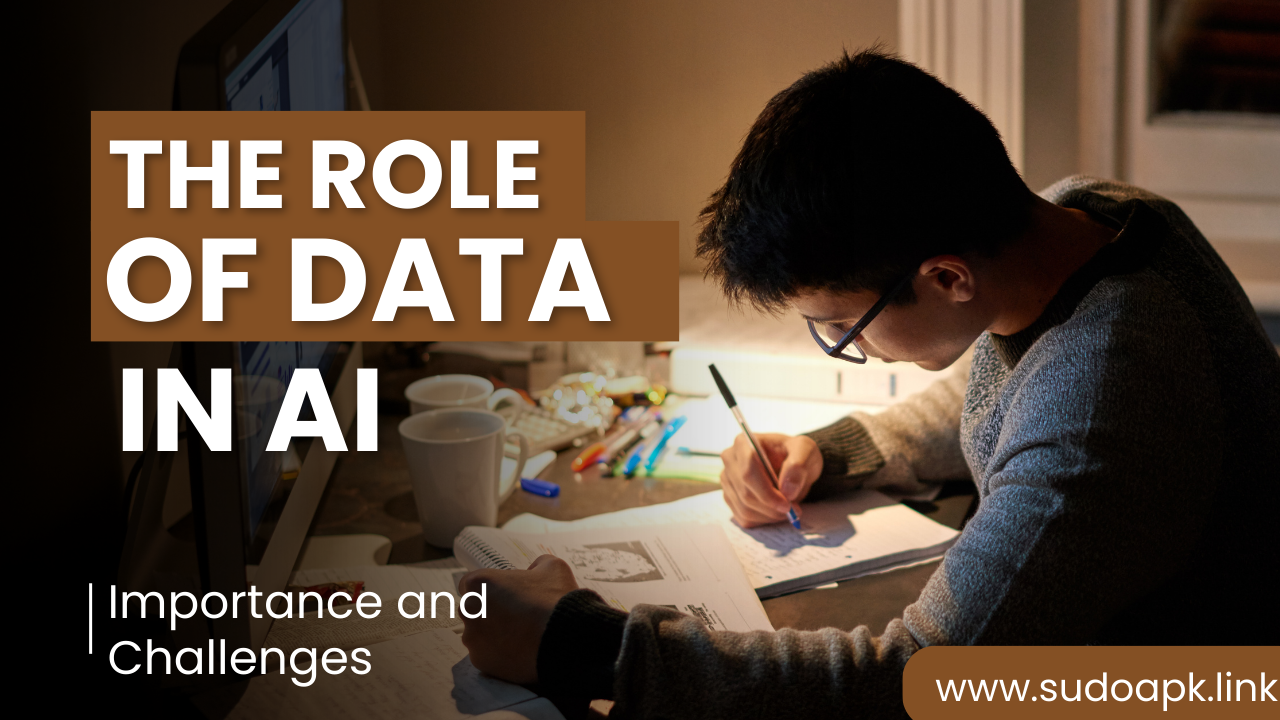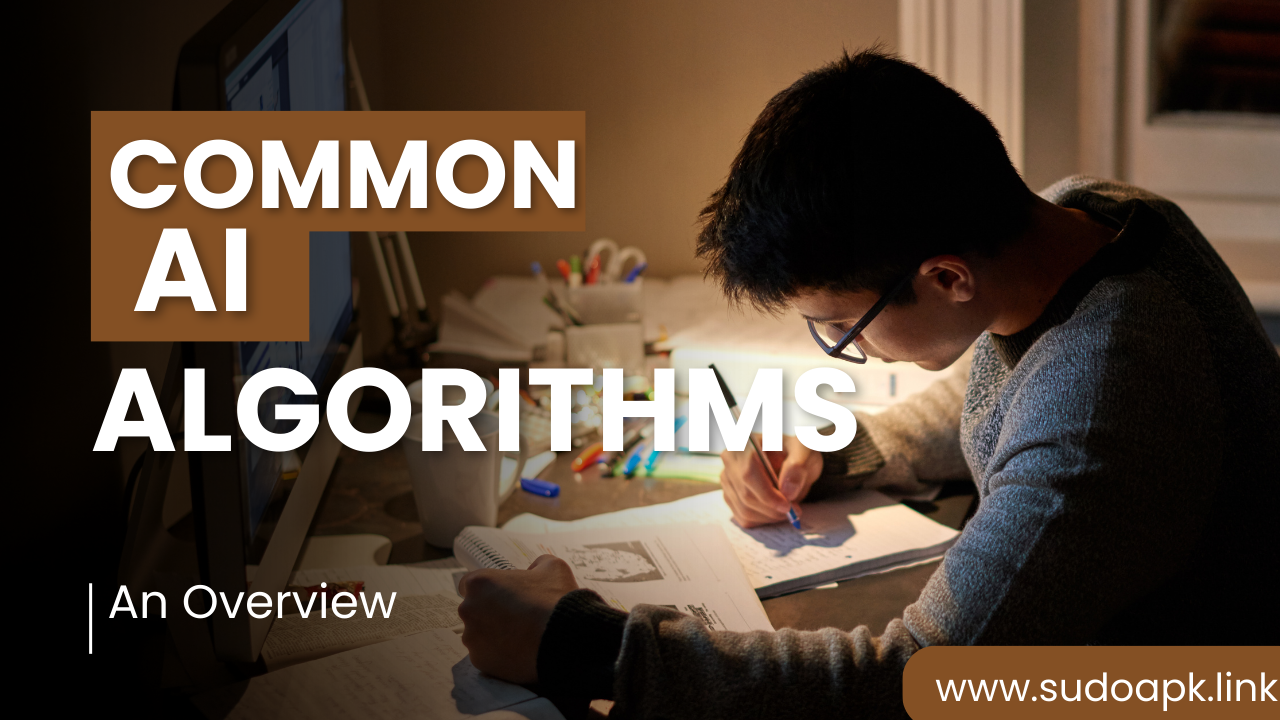

Predictive Analytics in Healthcare: Early Disease Detection
Predictive analytics refers to statistical and machine learning techniques that analyze healthcare data to make predictions about disease risk, onset, and progression. This emerging approach is transforming medical diagnosis enabling earlier illness detection - allowing timely interventions that improve outcomes.
This guide covers the role of predictive analytics in advancing preventive medicine through intelligent risk prediction and preemptive care:
The Promise of Predictive Analytics in Healthcare
Predictive analytics models harness patient data - symptoms, biomarkers, socio-economic factors to forecast probable future health trajectories. Some key strengths:
- Evaluate disease risk by detecting associations between numerous parameters.
- Continuously learn from new healthcare data for improving predictions.
- Generate intelligent insights from structured and unstructured data.
- Stratify patient groups based on disease susceptibility enabling optimized screening.
- Enable evidence-based preventive intervention instead of reactive treatment.
These capabilities make predictive analytics pivotal for early stage disease detection and proactive care.
Core Components of Predictive Healthcare Analytics
Effective disease prediction has three key phases:
1. Data Collection
Collating multi-modal patient data - symptoms, medical history, diagnostics, lifestyle factors, genomics data etc. Provides model input.
2. Predictive Model Development
Build ML models like regression, decision trees, neural networks to capture disease indicators and risk associations from vast historical evidence.
3. Clinical Integration
Integrate predictions during care delivery through CDSS and EHRs for assessing patient risk levels and suggest preventive protocols.
Key Disease Areas For Prediction
Predictive analytics holds immense potential across numerous disease areas to enable preemptive care through risk assessment before onset.
Neurological Conditions
Assessing multiple influencing factors for predicting genetic neurodegenerative disorders like Alzheimer's and Parkinson's years before symptom emergence facilitates preventive care.
Cardiovascular Diseases
Predict heart attacks, strokes and related events beforehand by analyzing clinical signs, family histories along with real-time health tracker biometrics on blood pressure, cholesterol etc.
Diabetes
Forecast diabetes risk by tracing correlations of lifestyle habits and other vitals so high-risk patients can be screened early and counseled for lifestyle interventions to prevent disease onset.
Cancer / Tumors
Predict sites with high probability of metastasis by analyzing genomic signatures. Predict relapse / recurrence risks through AI models trained on patient history and medical data.
Innovative Data Sources For Prediction
Conventional clinical data alone cannot support reliable disease predictions. Additional real-world data like:
- Microbiome / Genomic Profiles
- Wearable Device Biometrics
- Environmental Exposure Histories
- Behavioral Characteristics
Provide crucial supplementary inputs for boosting model accuracy enabling precise decisions.
Emerging real-world data harnessing frameworks like ʻLearning Health Systems' continually channelize data from diverse sources into improving predictive models - raising future reliability.
Overcoming Key Challenges
Advancing predictive healthcare faces critical technology and adoption challenges:
- Difficulty processing complex interconnected parameters and vast data types into meaningful predictions.
- Lack of regulatory standards for evaluating reliability of AI predictions during care.
- Physician distrust about consistency and explainability of data-based risk models.
- Concerns about data privacy, proprietary algorithms, integration with workflows.
But steady technology innovations and policy evolutions are gradually overcoming these barriers.
Case Example: Early Cancer Detection Solution
Israel-based Healthy.io developed an FDA-approved home-based urine test kit called Dip.io that uses a smartphone app measuring urinalysis protein levels predicting likely kidney disease onset using cloud-based ML algorithms.
- Predicts chronic kidney disease risk early based on abnormal protein amounts long before doctors recommended clinical diagnosis.
- When integrated with primary care center health records, helps high-risk patients get timely treatment improving outcomes.
- Saved costs of late-stage treatment with preemptive care and eliminated unnecessary referrals with predictive triaging.
Real-World Impact and Future Outlook
Predictive analytics adoption is raising significant care quality enhancements:
Personalized Risk Assessment
Data-driven risk stratification tools delivered at individuals' fingertips are enabling personalized prevention.
Preemptive Population Health
Automated identification of higher risk groups allows efficient allocation of screening resources minimizing adverse disease events through timely interventions.
Proactive Care Delivery
Clinical integration of predictive insights shifts reactive treatment approaches towards preventive personalized medicine strategies.
In summary, predictive analytics unlocks a preemptive healthcare paradigm - transitioning systems from symptomatic disease management to data-driven risk prevention.
FAQs
Q: How reliable are current disease predictions?
A: Predictions shall grow extremely reliable within this decade as models continuously learn from enlarging real-world data harnessing frameworks around representative population health.
Q: Can predictions ever fully capture disease complexity?
A: Given engough multimodal data history, AI models can effectively learn latent representations of intricate disease indicators and progression markers that are beyond manual comprehension.
Q: Are predictions trying to replace clinical judgement?
A: Predictions actually aim to augment clinician expertise with data-based risk likelihoods so doctors can make better informed decisions by considering both aspects.
Conclusion
Predictive analytics serves as the foundation gradually realizing precision medicine's promise of delivering true preventive and preemptive care customized to individuals. With patient-specific risk foresight, interventions can happen ahead of time providing significantly better outcomes while reducing treatment costs and complexity. Advances here constitute the next leap in population wellness.
Popular articles

Dec 31, 2023 07:04 AM

Dec 31, 2023 06:48 AM

Dec 31, 2023 07:12 AM

Dec 31, 2023 07:22 AM

Dec 31, 2023 07:17 AM
Comments (0)